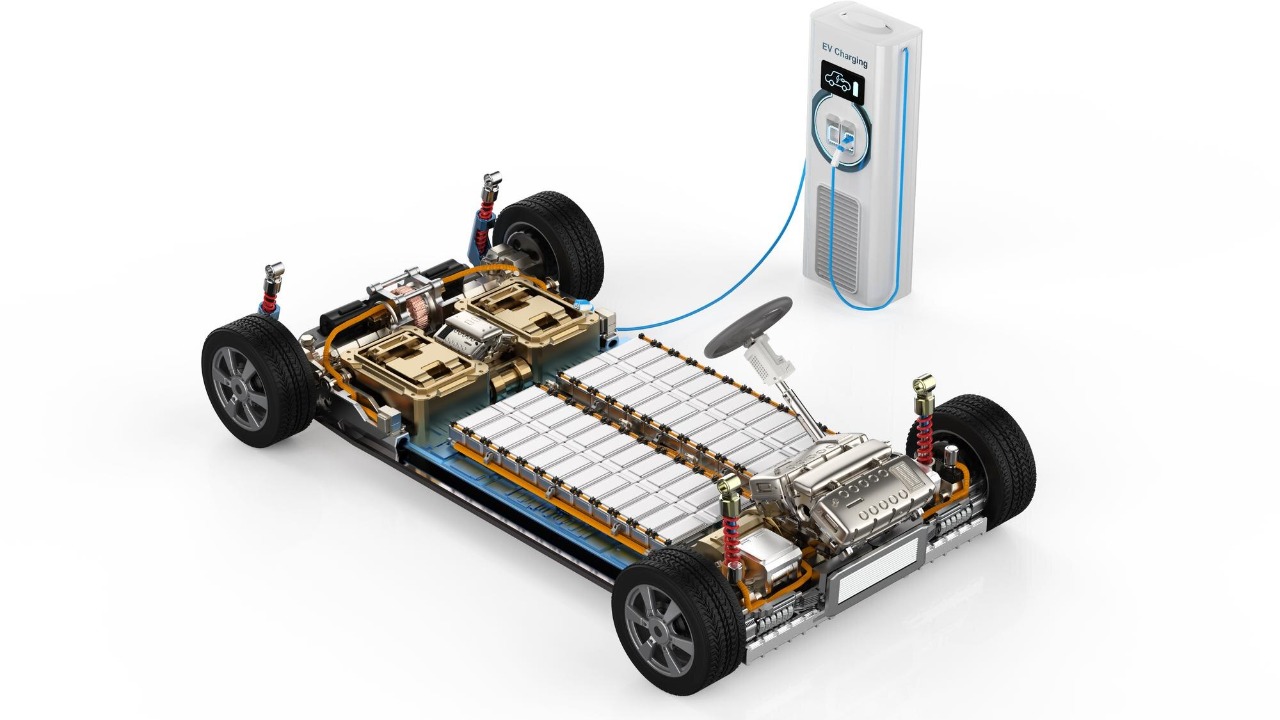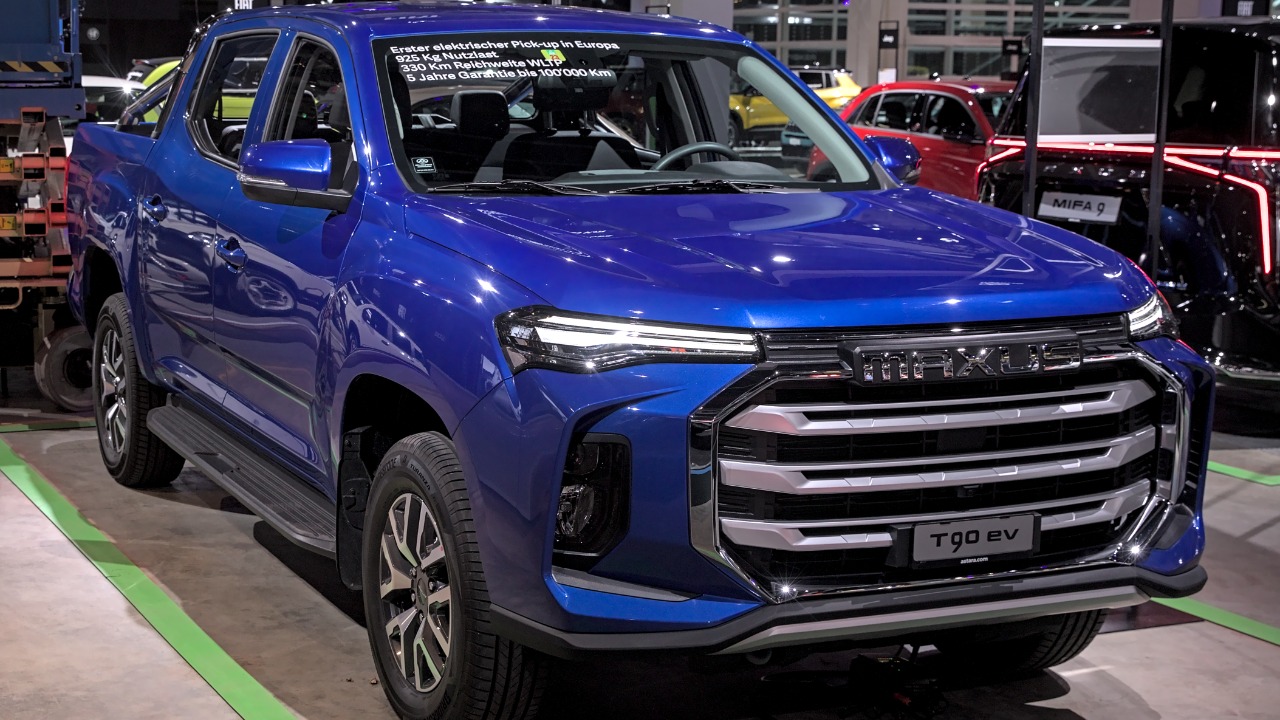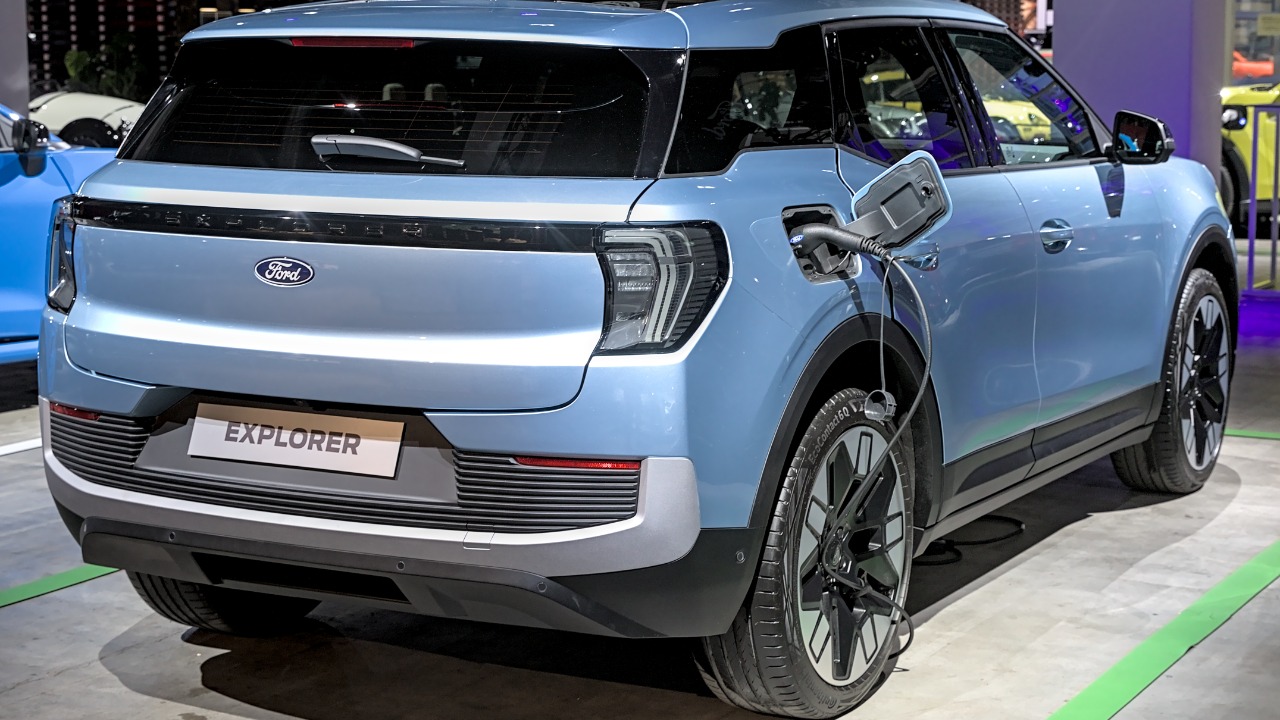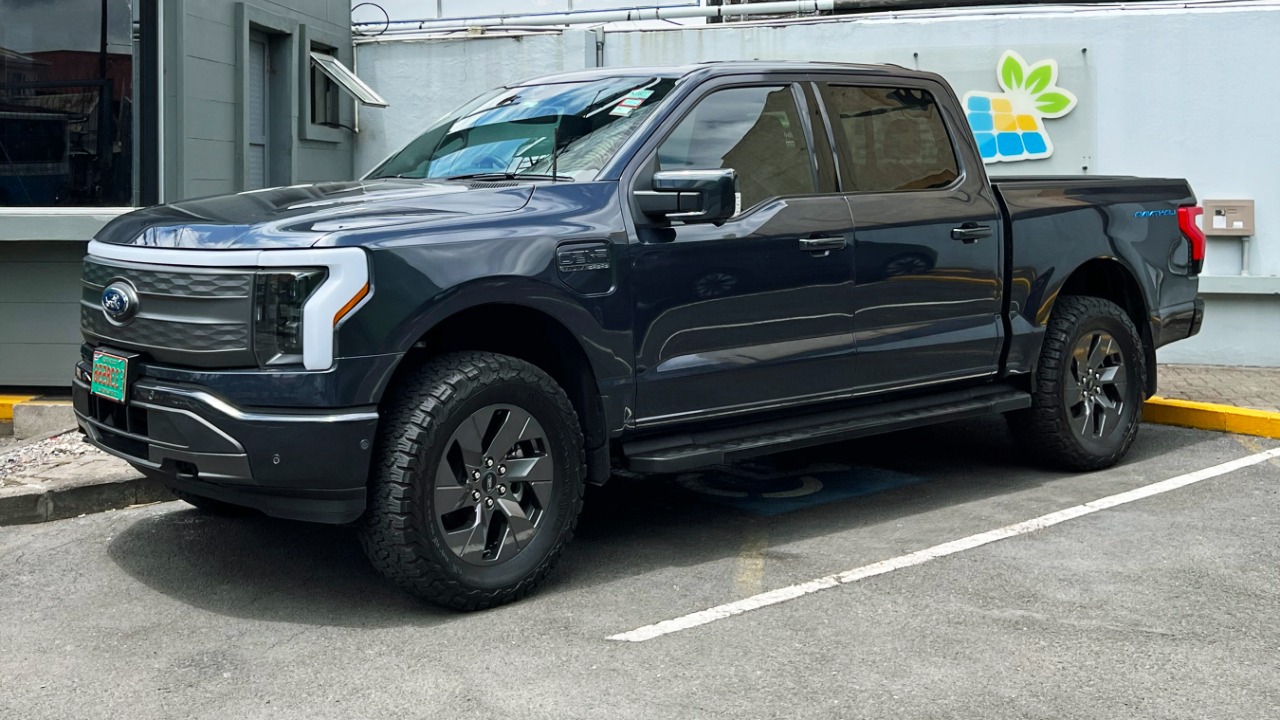The electric vehicle (EV) industry is witnessing a transformative breakthrough with the advent of batteries that can last up to 1 million miles. This innovation is set to redefine the longevity and sustainability of EVs, challenging prevailing myths and misconceptions about electric vehicles. As technology continues to advance, these long-lasting batteries promise to make EVs more appealing to consumers and more viable as a mainstream transportation option.
The Science Behind Million-Mile Batteries

Battery Chemistry Innovations
At the heart of the million-mile battery revolution lies a series of breakthroughs in battery chemistry. Traditional lithium-ion batteries have been the standard for EVs, but recent advancements have introduced new materials and techniques that enhance their longevity. For instance, the integration of silicon anodes instead of graphite has been shown to significantly increase the energy density of the battery, allowing it to store more power and last longer. Moreover, researchers are exploring the use of solid-state electrolytes, which promise increased safety and a longer lifespan by reducing the risk of overheating and degradation.
Furthermore, the development of cobalt-free batteries has been pivotal in this journey. By eliminating cobalt, a material that is not only expensive but also environmentally and ethically challenging to source, manufacturers can produce batteries that are both cost-effective and sustainable. This shift in materials not only enhances the battery’s durability but also reduces its environmental footprint, making EVs a more attractive choice for eco-conscious consumers.
Durability and Efficiency
The durability of these new batteries is complemented by their efficiency. Advanced cooling systems play a crucial role in maintaining battery life by preventing overheating, which is a common cause of battery degradation. By using innovative thermal management techniques, such as liquid cooling and phase-change materials, these batteries can maintain optimal operating temperatures, thereby prolonging their lifespan.
Additionally, the implementation of smart battery management systems (BMS) ensures that each cell within the battery pack is used efficiently. These systems monitor the health and performance of the battery in real-time, adjusting the charge and discharge rates to prevent overuse of any single cell. This not only extends the overall life of the battery but also maintains its performance, ensuring that the vehicle can deliver consistent power output over time.
Implications for the Electric Vehicle Market

Cost Efficiency and Consumer Appeal
The introduction of million-mile batteries is poised to significantly alter the cost dynamics of owning an EV. With batteries accounting for a substantial portion of an EV’s cost, extending their lifespan means that the total cost of ownership can be reduced. This reduction in long-term expenses is likely to attract more consumers to consider EVs as a viable alternative to traditional combustion engine vehicles. Furthermore, as battery replacement becomes less frequent, the maintenance costs associated with EVs diminish, making them even more appealing to potential buyers.
For consumers weighing their options, the prospect of a vehicle that can potentially last a lifetime with minimal battery replacements is enticing. This is particularly relevant in markets where the initial cost of EVs has been a barrier to entry. By lowering the overall cost of ownership, million-mile batteries can help break down these barriers, encouraging a broader adoption of EV technology.
Impact on EV Manufacturers
Major automotive manufacturers are already beginning to integrate these long-lasting batteries into their production lines. For instance, Mercedes-Benz has taken a leading role by incorporating million-mile batteries into their latest models, providing them with a competitive edge in the rapidly evolving EV market. This strategic move not only enhances the brand’s reputation for innovation but also positions it as a leader in sustainability.
As more manufacturers adopt these advanced batteries, the competitive landscape will likely shift. Companies that can offer vehicles with extended battery life will have a distinct advantage, attracting consumers looking for reliability and longevity in their transportation choices. This shift may also prompt other manufacturers to invest in similar technologies to remain competitive, ultimately accelerating the transition to an all-electric future.
Environmental and Sustainability Benefits

Reduction in Waste
The environmental benefits of million-mile batteries are profound. By extending the lifespan of EV batteries, the frequency of battery replacements is reduced, leading to a significant decrease in electronic waste. This reduction is critical, as battery disposal and recycling present substantial environmental challenges. Fewer replacements mean fewer batteries ending up in landfills, where toxic materials can leach into the environment.
Furthermore, the resource consumption associated with battery production is minimized. With longer-lasting batteries, the demand for raw materials such as lithium, nickel, and cobalt decreases, alleviating the pressure on mining operations and reducing the environmental impact of resource extraction. This aligns with global efforts to create a more sustainable and resource-efficient economy, making EVs an even more attractive option for environmentally conscious consumers.
Supporting Renewable Energy
Longer-lasting batteries also play a vital role in enhancing the integration of EVs with renewable energy sources. By providing a stable and enduring energy storage solution, these batteries can help balance the intermittent nature of renewable energy, such as solar and wind power. This synergy between EVs and renewables promotes a more sustainable energy ecosystem, reducing reliance on fossil fuels and decreasing greenhouse gas emissions.
Moreover, as the infrastructure for vehicle-to-grid (V2G) technology develops, EVs equipped with million-mile batteries can become active participants in the energy grid. By storing excess renewable energy during periods of low demand and feeding it back into the grid when needed, these vehicles can help stabilize the energy supply, further supporting the transition to a cleaner and more resilient energy system.
Debunking Myths About EV Longevity and Reliability

Addressing Range Anxiety
One of the most persistent myths surrounding EVs is the concern over range anxiety, the fear that a vehicle’s battery will not provide sufficient range over time. However, the advent of million-mile batteries directly addresses this concern by ensuring that battery degradation does not significantly impact the vehicle’s range. As these batteries maintain their performance over extended use, drivers can be confident in their vehicle’s ability to travel long distances without the need for frequent recharges.
Additionally, advancements in fast-charging technology further mitigate range anxiety. With the ability to recharge quickly and efficiently, EVs become more convenient for long-distance travel, providing a similar experience to refueling a traditional vehicle. This combination of extended battery life and rapid charging capabilities helps to debunk myths and misconceptions about the limitations of electric vehicles, paving the way for broader acceptance and adoption.
Reliability Comparisons with Traditional Vehicles
When comparing the reliability of EVs equipped with million-mile batteries to traditional vehicles, several advantages become apparent. Unlike internal combustion engines, which require regular maintenance such as oil changes and engine tune-ups, EVs have fewer moving parts and thus lower maintenance requirements. This inherent simplicity contributes to their reliability, as there are fewer components that can fail or require servicing.
Furthermore, as EV technology continues to advance, the reliability of these vehicles only improves. The integration of robust battery management systems ensures that the batteries remain in optimal condition, reducing the likelihood of unexpected failures. This reliability, coupled with the long-lasting nature of million-mile batteries, positions EVs as a practical and dependable choice for consumers seeking a low-maintenance and sustainable transportation option.
Future Prospects and Industry Challenges

Scaling Production and Adoption
Despite the promising potential of million-mile batteries, several challenges must be addressed to scale production and adoption. Mass-producing these advanced batteries requires substantial investment in research and development, as well as the establishment of new manufacturing processes and facilities. Companies must also navigate the complexities of supply chain management to ensure a steady and sustainable supply of raw materials.
To make these batteries standard across the industry, collaboration between manufacturers, suppliers, and policymakers is essential. By working together to establish industry standards and best practices, stakeholders can overcome barriers to production and adoption, ensuring that these revolutionary batteries become a mainstream option for consumers worldwide.
Regulatory and Infrastructure Considerations
The widespread adoption of long-lasting EV batteries also necessitates changes in regulatory frameworks and infrastructure development. Governments must play a proactive role in supporting this transition by implementing policies that encourage the production and use of sustainable battery technologies. Incentives such as tax credits, subsidies, and grants can help offset the initial costs associated with adopting these advanced batteries, making them more accessible to consumers and manufacturers alike.
Moreover, infrastructure development is crucial to support the growing number of EVs on the road. Expanding the network of charging stations and integrating smart grid technologies will ensure that EVs can be charged conveniently and efficiently, further enhancing their appeal. By addressing these regulatory and infrastructure considerations, society can fully realize the benefits of million-mile batteries, paving the way for a cleaner and more sustainable future.